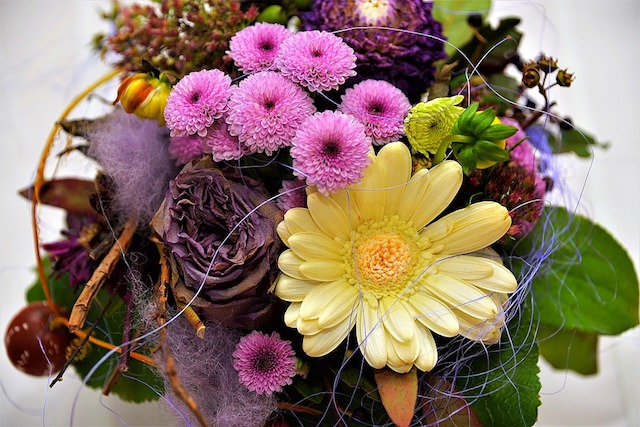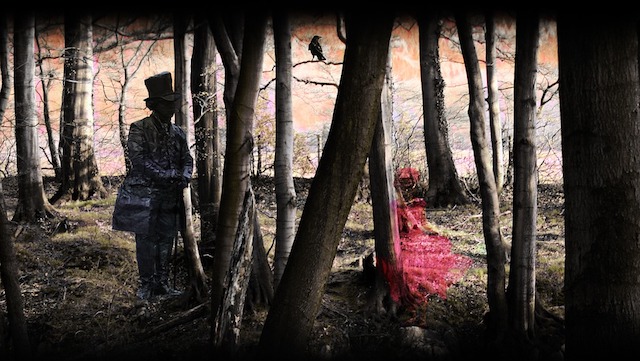Verbs:
bet one’s bottom dollar: make a bet one can’t lose
You can bet your bottom dollar that she’ll be late.
break even: neither win nor lose money
If we sell that gold coin now, we can break even.
bring home the bacon: earn money to support the family
She’s the one who brings home the bacon in that family.
cash in: to change into cash by exchanging or selling something
He decided to cash in and sold his company for five million dollars.
chip in: contribute with others to buy something
All the employees chipped in on a retirement gift for George.
clean up: win or make a lot of money
He took his tow truck out on the road during that last snow storm and just cleaned up.
foot the bill: pay
Who’s going to foot the bill if the truck breaks down?
get caught short: be in a situation where one doesn’t have enough money
If we don’t want to get caught short, we should start saving now.
grease one’s palm: give someone money for special treatment
If we want to get into the club, we have to grease the doorman’s palm.
have sticky fingers: steal money
I told you not to hire him because he had sticky fingers.
hit the jackpot: win a great deal of money
The first time they bought a lottery ticket, they hit the jackpot.
keep the books (in a company): record the money earned and spent (by the company)
His daughter keeps the books for the company.
lay out more money: spend more money
The contractor said we have to lay out more money to fix the cracks in the basement.
live high off the hog: own the best that money can buy
She sold her company last year, and now they’re living high off the hog.
live on a shoestring: living on a tight budget with no extra money to spend
Since she left her parent’s house, she’s been living on a shoestring.
lose one’s shirt: lose all one’s money
He invested all his money in a real estate scheme and lost his shirt.
make a bundle: make a lot of money
If we sell this idea to an investor, I’m sure we can make a bundle.
make a fast buck: make money quickly
Everybody wants to make a fast buck, but it’s extremely hard to do.
make a killing: make a very good investment that pays well
He bought Microsoft stock in 1984 and made a killing.
make ends meet: have just enough money for expenses
He had to get a second job to make ends meet.
make money hand over fist: earn large amounts of money
They created an app that finds the cheapest gas, and now they’re making money hand over fist.
pay an arm and a leg (for something): spend more than one can afford
I hear she paid an arm and a leg for her new teeth.
pay through the nose: pay too much
If you pay the minimum on your credit card each month, you’ll pay through the nose.
pick up the tab: pay the bill for everyone
He invited everyone to come celebrate with him, and he picked up the tab for everything.
rake in the cash: make a lot of money
As soon as they opened the doors of their restaurant, they started to rake in the cash.
scrape together: manage to get
The young couple were able to scrape together a down payment on a condo.
set one back: cost
How much did that new car set you back?
shell out: spend
You have to shell out some money and replace the glasses you broke.
splurge: spend too much money
After he got a raise at work, he started to splurge.
strike it rich: make a lot of money quickly
Lots of people hope to strike it rich by creating the next popular app.
take a beating: lose a lot of money
He took a beating in the stock market last year.
tighten one’s belt: stop spending money except for necessities
Since your parents stopped supporting you, you need to tighten your belt.
won’t break the bank: is something one can afford to buy
I can buy that laptop. It won’t break the bank.
Nouns:
a cheapskate: a person who doesn’t like to spend money at all
That man never leaves a tip when he eats here. He’s a cheapskate.
a deadbeat: a person who doesn’t pay what they owe
His father is a deadbeat that he hasn’t seen in years.
a handout: free gift from family or friends
Every Christmas my sister comes home looking for a handout.
a penny pincher: a person who is very careful with their spending
Her mother has always been a penny pincher.
a windfall: a lot of money
They received a windfall when her father died.
chicken feed: very little money
He returns cans and bottles for chicken feed.
cold hard cash: real money in bills and coins
I won’t accept a cheque. I want cold hard cash.
money to burn: money one doesn’t need
You guys can go to Las Vegas if you want, but I don’t have any money to burn.
nest egg: savings of money for the future
They decided never to spend their nest egg.
one’s two cents worth: one’s opinion
After everyone had said their two cents worth, the president made her decision.
Adjectives / prepositional phrases:
at all cost: without thinking of the price
They need to fix that roof at all cost.
back on one’s feet: in good financial health
I want to help him get back on his feet.
down and out: feeling sad because of having no money
He’s been down and out since he lost his job.
flat broke: without any money at all
To tell you the truth, I’m flat broke.
from hand to mouth: having just enough money for the basic things
The family down the street is living from hand to mouth.
hard up for cash: needing money
My brother lost his job last month, and he’s hard up for cash.
in the hole: owing money
I’m in the hole for about ten thousand dollars.
in the red: losing more money than making
The company has been in the red for the last ten months.
loaded: rich
The man she met is tall, handsome and loaded.
on the house: free
To celebrate our one-year anniversary, for the next ten minutes drinks are on the house.;
strapped for cash: without any money
Can you lend me a hundred dollars? I’m a little strapped for cash at the moment.
Sentences:
I feel like a million dollars: I feel happy
I think I’ve finally met the right person, and I feel like a million dollars.
money is no object: it doesn’t matter how expensive it is, one can buy it
I want the very best. Money is no object.
money was burning a hole in one’s pocket: one wanted to spend money quickly
The money from my grandparents was burning a hole in my pocket, so I spent it.
Study this page and when you think you’re ready, do the following exercise.
Your Score:
Your Ranking:









